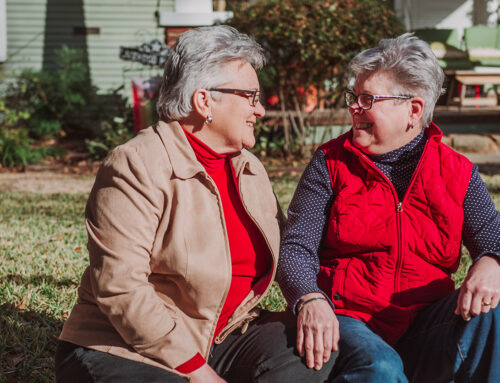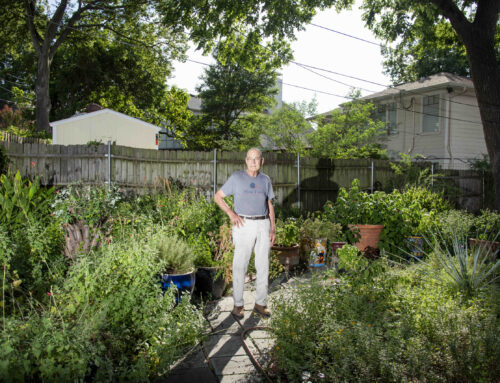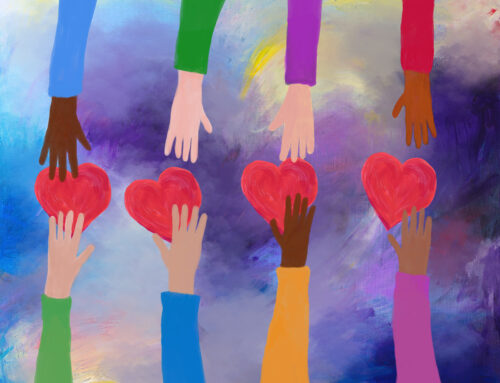Now that we’ve made it past the Y2K hoopla, we can settle back and return our attention to all of the other vastly over-hyped aspects of our lives. Foremost among these right now would have to be the Internet and its related businesses, jargon and other impacts on society.
It seems like everything you hear or read these days refers to “e-” this or ”dot.com” that, while the tech-heavy NASDAQ exchange takes us on an up-and-down ride more volatile than anything at Six Flags. Internet companies that may turn a profit next year sometime are worth (at least on paper) as much as Sears, Roebuck.
Of course, many people are a little uneasy about all this, mostly as a function of age, it seems. Any major technological advance takes a lot of getting used to, with many embracing it eagerly and others viewing it as a sinister sign of impending disaster. Sure the Web has its problems — misuse of chat rooms, privacy issues, Web sites put up by every group on the lunatic fringe, and on and on. However, lots of others of humanity’s inventions have had some positive and some very negative impacts, too — think of gunpowder, the internal combustion engine, automobiles and nuclear fission, to name a few.
The Internet is like any other tool or invention — it can be used or misused, according to whatever is in the hearts and minds of its human users. In the long run, I think this technology will be very beneficial to us, not least in our public and civic lives. As this month’s lead Advocate article says, many individuals and groups in our neighborhoods are going online for all kinds of reasons.
For example, as anyone who has ever been active in their neighborhood group knows, one of the biggest challenges is communicating with and among your neighbors. More and more neighborhood groups are using web sites to send newsletters and meeting notices as well as alert members to hot issues and special events. Larger groups doing neighborhood-related work such as the Dallas Homeowners League and Preservation Dallas are either online now or soon will be to disseminate all kinds of information to whomever needs it.
City governments and individual elected officials are also using the Internet to post agendas, provide information and communicate back and forth with citizens. Almost all cities now put names, addresses, phone numbers and e-mail addresses of elected officials and department heads online, post Council, Commission and Board agendas, and many (unfortunately, not yet including Dallas) put their municipal ordinances on the Net. High tech-savvy Austin even has its official Zoning Map posted on its website.
All of this strikes me as a very healthy development. Our democracy always works much better with a raucous and varied “marketplace of ideas,” with the most possible information, news, opinion, debate and just plain ranting being made available to anyone who not only wants it, but may even want to rant right back. In this, the Internet is sort of an electronic cross between the Library of Congress and the famous “Speakers’ Corner” in London’s Hyde Park.
Anything that enhances and encourages free speech, and makes communication back and forth between citizens, their elected officials and their local governments easier is a great thing.
Finally, the Net is a terrific tool for organizing and trading information within and among neighborhoods, business groups, historic preservationists, environmental groups and others, which, in the long run and regardless of political philosophy, will make our cities better places to live.





